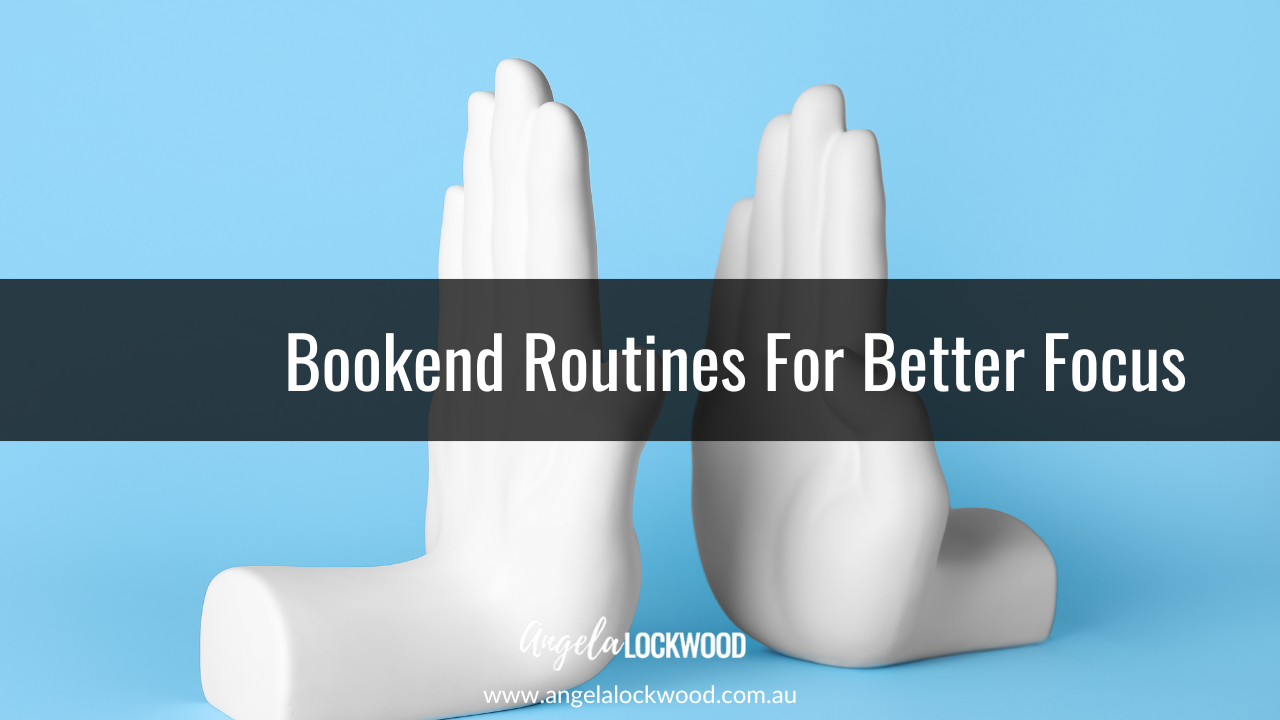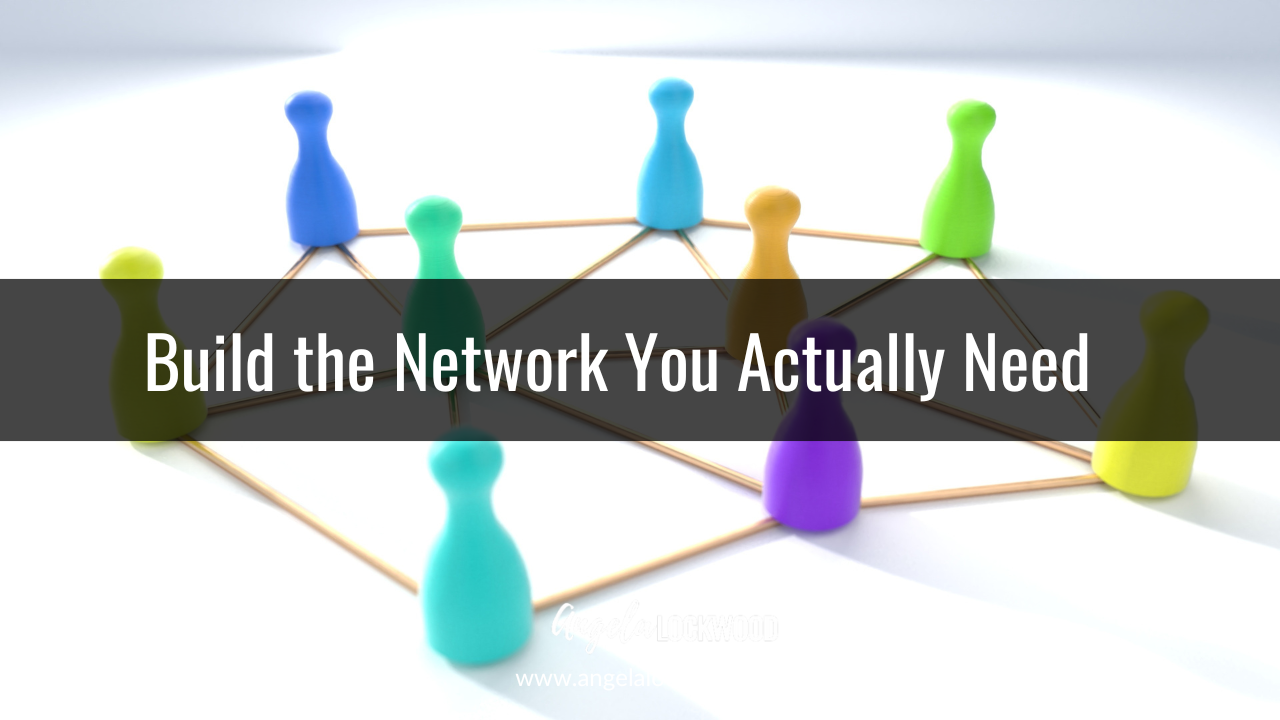Understanding ADHD: Strategies for Information and Support
May 07, 2024
It seems that there are more conversations about ADHD (Attention Deficit Hyperactivity Disorder) than there have been in recent years. With the doubling of adults being diagnosed with this attention deficit disorder we are hearing people from media personalities, to multi-millionaire entrepreneurs, builders to Mum’s at the local cafe. There are plenty of discussions but not alot of understanding or accuracy.
Attention-deficit/hyperactivity disorder (ADHD) is a neurodevelopmental condition defined by impairing levels of inattention, disorganization, and/or hyperactivity-impulsivity (DSM-5-TR).
There is a set diagnostic criteria that one must show the traits and is not simply an inability to concentrate.
It is important to understand that ADHD is not just about being easily distracted or the many other labels and assumptions people make about it. ADHD involves challenges with executive function skills, which go beyond mere focus issues. It's like having a different operating system, and one when understood can unlock a range of capabilities. ADHD isn't just a childhood thing; it affects adults too and it's not a lack of discipline or laziness, and it isn’t a choice. All common misconceptions about ADHD.
In the digital age, finding accurate and supportive information about ADHD (Attention Deficit Hyperactivity Disorder) can be daunting. On my podcast Distracted I recently interviewed Juris Doctor Candidate Lyndall Brennan who has been diagnosed with ADHD at 44 years old. Take a listen to this raw and insightful interview here “Navigating ADHD Diagnosis at 44” . It was from Lyndall’s interview that I wanted to learn more about ADHD and its particular impact on adults. I have had many years experience working with school aged boys and girls who had recently been diagnosed with ADHD or were on the path of seeking diagnosis and understanding, however I am fascinated with the increase in adult diagnosis and want to ensure I am getting the right information.
Misinformation is rampant, and the need for reliable resources has never been more critical. I recently went to a leader in the area of ADHD to help me better understand the challenges faced by people with ADHD. Sharon Collon is an ADHD Coach and the Founder of The Functional Family . A community where ADHD is the reality for all of its members, whether that be as a parent with a child with ADHD, a person with ADHD themselves or a health professional working in the field of ADHD. She herself is married to a man with ADHD and has 2 sons also with ADHD.
In our interview “Understanding Attention Deficits” we explore a range of topics and insights into the brain of a person with ADHD and the challenges and strategies related to understanding ADHD, focusing on navigating misinformation, combating stigma, building community, valuing neurodiversity, and finding credible sources of information.
Sharon shared with us simple ways to overcome some of the challenges people with ADHD face and how we can, in the neurotypical community, better equip ourselves with the knowledge and skills to form relationships and with people with ADHD.
How to Identify Misinformation on ADHD: Begin by critically assessing the sources of your information. It would come as no surprise but be wary of platforms like TikTok, where up to 50% of the content about ADHD may be incorrect. Instead, seek out information from reputable health organizations and academic institutions. Cross-reference facts and look for consensus among experts in the field. Credible sources like ADHD Foundation and Community , ADHD Australia and Sharon’s community at The Functional Family.
How to Address the Stigma of ADHD: Change the narrative by educating yourself and others about ADHD beyond its challenges. Encourage conversations that highlight the strengths and unique perspectives of individuals with ADHD. Support efforts that aim to reframe ADHD from a deficit-focused viewpoint to one that acknowledges it as a part of neurodiversity.
How to Build a Supportive Community for ADHD: Seek out forums, local support groups, and online platforms that offer a safe space for sharing experiences and advice about ADHD. Engaging with a community can provide emotional support, practical tips, and a sense of belonging. Remember, the value lies in shared knowledge and mutual support.
How to Appreciate Neurodiversity and Learn from Differences: Foster an inclusive environment by recognizing and celebrating the diversity in cognitive processes. Encourage open dialogues that allow individuals to share how their brains work differently, promoting empathy and understanding. This approach enriches personal and professional relationships by valuing varied perspectives.
How to Find Reputable Sources of Information on ADHD: Direct your research efforts towards specific, credible websites and resources. Organizations like CHADD (Children and Adults with Attention-Deficit/Hyperactivity Disorder) or ADDitude Magazine provide vetted, research-based information that can be more reliable than general search engine results. Consider consulting with healthcare professionals who specialize in ADHD for personalized advice and information.
Understanding ADHD in today's world requires a discerning approach to information, a commitment to challenging stigma, and an effort to build and engage with supportive communities. By valuing neurodiversity and seeking out reputable sources, individuals and families can navigate the complexities of ADHD with greater confidence and support.
If you are interested in learning more then go to the Distracted Podcast interview with Lyndall Brennan 58: Navigating ADHD Diagnosis at 44 and with Sharon Collon 63:Understanding Attention Deficits.![]()






